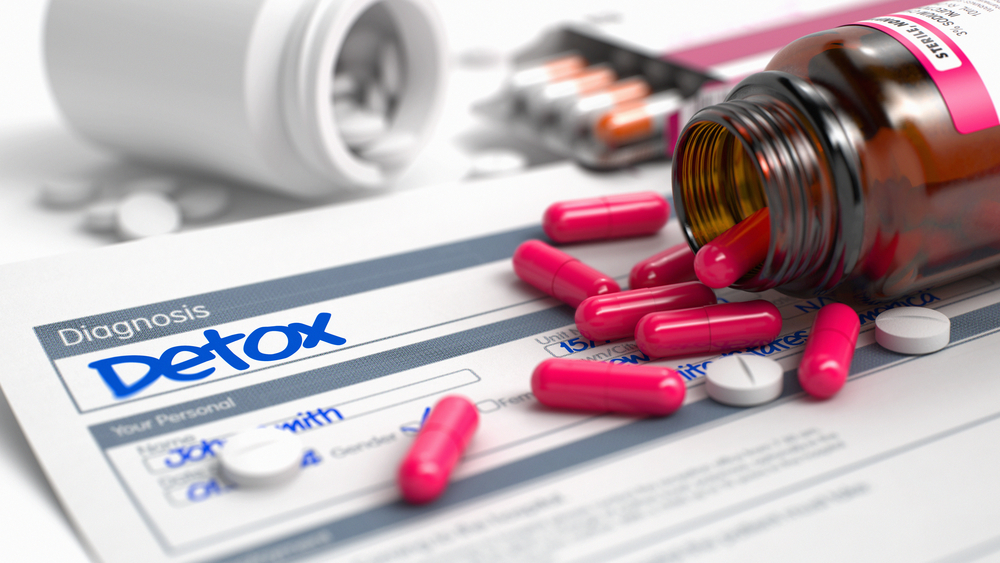
Addiction is a disease which, if not treated properly, can lead to serious illness and even death. The causes of drug addiction are many, and can differ from patient to patient. Therefore, each individual case of drug addiction is different, and no two patients will have an identical path to recovery. Most importantly, every patient will have a different experience through the stages of drug detox.
Depending on the type of drug in question, drug detox will occur along different timelines:
- Heroin: Heroin withdrawal begins 12 hours after the last dose, will peak within 24-48 hours, and can last up to several months.
- Prescriptions opiates, like morphine, methadone, Vicodin: Withdrawal will start 8-12 hours after the last dose, peak in 12-48 hours, and last up to 10 days.
- Cocaine: Withdrawn begins within a few hours of the last dose, peaks in several days, and can last up to 10 weeks.
Among the stages of drug detox treatment, the first is very intense for most patients. The symptoms may include sweating, muscle aches, agitation, insomnia, and anxiety. Depending on the drug in question, patients may also become violent of psychotic and may pose a threat to themselves or others.
In order to reduce the risk of complications and provide the best care for patients and their individual needs, prevent a possible relapse and medical complications, drug detox treatment centers are the best choice for treating drug addiction. Treatment centers provide patients with individualized treatment plans, tailored to their specific needs, will provide the right medication for detox, offer individual therapy, as well as group counseling, and help patients with their aftercare plans.
Depending on the case itself, the patient can go through outpatient or inpatient detox, aiming to provide the best level of care and reduce detox symptoms as much as possible. The type of treatment will depend on a number of factors, such as length of drug use, physical and mental condition, etc.
The medications used during drug detox treatment are designed to help ease the side effects of withdrawal and address the changes in the brain caused by chronic drug abuse and addiction. Those most commonly used include:
- Buprenorphine: A partial opioid, can be prescribed alongside naloxone and Suboxone. Can ease cravings and withdrawal symptoms, and has a ceiling effect, preventing overdose and abuse.
- Methadone: Must be taken under the supervision of medical professionals. It decreases drug cravings and eases withdrawal symptoms. It also has long-lasting effects.
- Naltrexone: Blocks the effects of opiates, thus preventing relapses, as the drug no longer provides a high.
- Acamprosate: Prescribed for prolonged symptoms of withdrawal, such as anxiety and insomnia.
In order to prevent a possible relapse, it is also necessary to treat any underlying conditions that may have caused the patient to turn to drug abuse in the first place. Setting the right milestones and having a support system in place will also help a recovering addict live a drug-free life.
If you or a loved one are struggling with drug abuse, get in touch with Restore Health and Wellness Center today at (888) 979-4570, and let us help you find the right course of treatment. Visit our drug rehab center in Encino, CA at 6918 Owensmouth Ave Canoga Park, CA 91303. 24/7 Admissions (818) 722-9019. On-Site Contact (818) 806-3914.












